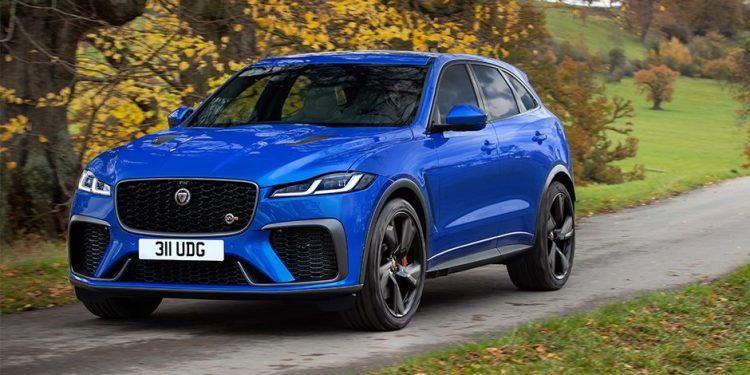Jaguar announces plan to go fully electric by 2025
Jaguar, producers of some of the silkiest sounding six-cylinder and eight-cylinder engines and a company steeped in internal combustion history, has announced that it will be ditching all ICE engines by 2025 in what it calls the Reimagine strategy. That’s just four years away.
The changes will impact Land Rover, too, which is set to ditch diesel powertrains by 2026. It’s a move that signifies the end of an era for the bush-whacking marque’s off-roading heritage, although petrol variants will still be available. Land Rover is set to bring six electric vehicles to the market in coming years, the first of which is scheduled to land in 2024.
“Jaguar Land Rover is unique in the global automotive industry,” says new JLR CEO Thierry Bolloré. “Designers of peerless models, an unrivaled understanding of the future luxury needs of its customers, emotionally rich brand equity. The Reimagine strategy allows us to enhance and celebrate that uniqueness like never before. Together, we can design an even more sustainable and positive impact on the world around us.”
It was a multi-faceted announcement. Jaguar has confirmed that its planned replacement for the XJ has been canned, with some rumours suggesting the model was imminent for release. The iconic firm is also set to start investing more in hydrogen technology development, with testing to kick off this year. The firm also hopes to achieve net zero emissions from production line to showroom by 2039.
The announcement comes as Europe approaches an impasse for ICE vehicles. The UK has already announced a 2030 ban on the sale of new pure petrol and diesel vehicles, Norway is banning them in 2025, and others are on the cusp as emissions regulations get more and more stringent.
Jaguar has notably been sinking heavy investment into the technology, as underlined by its exceptional I-Pace, the racing series it created for the electric SUV, and its ongoing presence in the FIA Formula E series.





